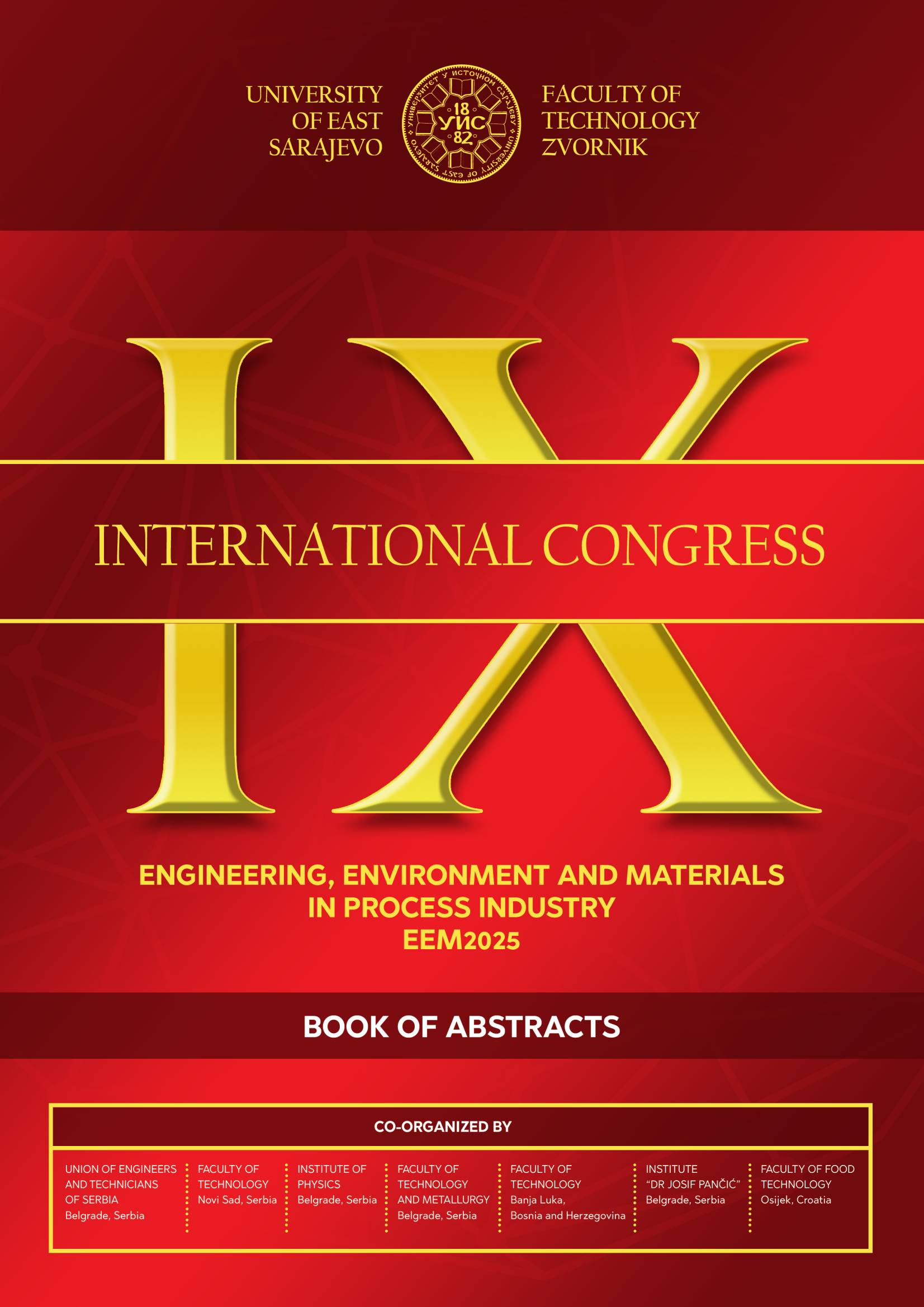
This is an open access article distributed under the Creative Commons Attribution License which permits unrestricted use, distribution, and reproduction in any medium, provided the original work is properly cited.
University of Novi Sad, Faculty of Technology Novi Sad, Bulevar cara Lazara 1 , Novi Sad , Serbia
University of Banja Luka, Faculty of Technology, Stepe Stepanovica 73 , Banja Luka , Bosnia and Herzegovina
Pan-European University “APEIRON”, Faculty of Health Sciences, Vojvode Pere Krece 13 , Banja Luka , Bosnia and Herzegovina
University of Novi Sad, Faculty of Technology Novi Sad, Bulevar cara Lazara 1 , Novi Sad , Serbia
University of Novi Sad, Faculty of Technology Novi Sad, Bulevar cara Lazara 1 , Novi Sad , Serbia
University of Novi Sad, Faculty of Technology Novi Sad, Bulevar cara Lazara 1 , Novi Sad , Serbia
Waste management is a big challenge for Bosnia and Herzegovina (B&H). The population of B&H generated 1.2 million tons of municipal waste in 2023, of which 99% was permanently landfilled. Landfilling waste may negatively affect the health of the population and the environment and also represents a potential loss of a renewable source of energy and other valuable materials that can be obtained from waste. On the other hand, increased energy requirements and the necessary shift toward a circular economy impose the need to pay more attention to waste management and to perceive waste as a resource. B&H, although not a member of the EU, endeavors to meet EU standards in the waste and energy sector and aims to transition to a circular economy. However, during the last 20 years in B&H, in solid waste management, progress has been made in terms of national harmonization with EU legislation, and several sanitary landfills have been constructed, but not much progress has been made beyond that. Also, by signing the Green Agenda for the Western Balkans, B&H has committed to the transition to an economy and society with zero net greenhouse gas emissions by 2050. The key areas to address this challenge are the circular economy and waste management. Waste-to-energy technologies offer environmentally friendly waste management using waste as a renewable energy source. This research provides the current status of waste management in B&H, including available data on waste and a comparison with European Union data, as well as an overview and comparison of available waste-to-energy technologies. Through the review and analysis of waste characteristics and existing waste-to-energy technologies, a combination of anaerobic digestion and fermentation for organic and incineration for inorganic fraction municipal waste could be recommended as a possible solution to sustainable waste management. The recommendations and conclusions in this research could help decision-makers choose waste-to-energy conversion technologies and contribute to the country's transition toward a circular economy
No.
The statements, opinions and data contained in the journal are solely those of the individual authors and contributors and not of the publisher and the editor(s). We stay neutral with regard to jurisdictional claims in published maps and institutional affiliations.